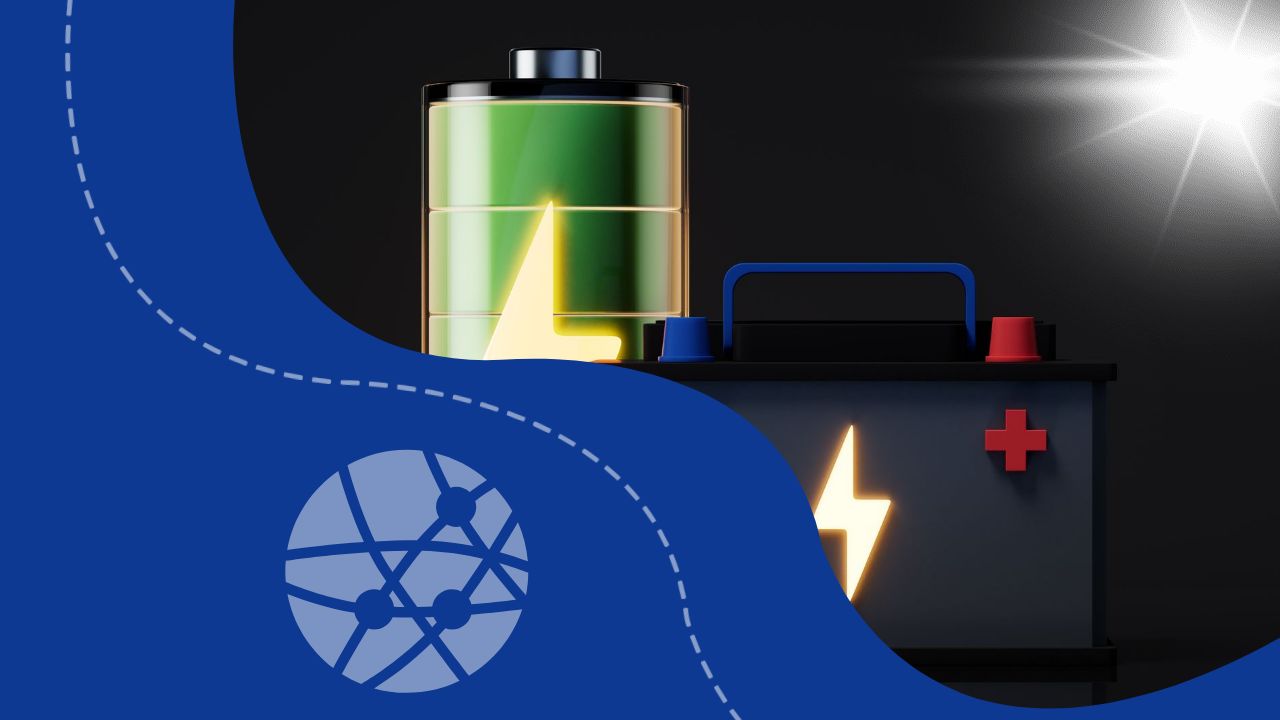In a significant display of public dissent, thousands of protesters rallied on Monday in Sabac, Serbia, voicing strong opposition to the proposed Rio Tinto lithium project. The project, located in Serbia’s lush western region of Jadar, aims to extract lithium—a critical material essential for the batteries used in electric vehicles and mobile devices. Despite its importance, the project has sparked widespread concern among environmental activists and local residents, who fear it could cause irreparable environmental damage.
The demonstrations in Sabac, a city situated about 50 kilometers northeast of the proposed mine site, were part of a broader wave of protests sweeping across the country. Activists, including Biljana Stepanovic from the Proglas (Proclamation) rights organization, addressed the crowd, emphasizing the importance of environmental preservation over technological advancement. “We cannot live without clean air and water, but we can live without lithium batteries and electric cars,” Stepanovic proclaimed, echoing the sentiments of many who attended the rally.
The opposition to the Jadar project is not new. Last week, similar protests were held in several towns across Serbia, and the movement is expected to continue growing. On the same day as the Sabac rally, protests were also organized in three other towns in central Serbia. Demonstrators are demanding the cancellation of the project, citing concerns over air and water quality and the broader ecological impact.
Earlier this month, the Serbian government reinstated Rio Tinto’s license to develop what could become Europe’s largest lithium mine, reversing a decision made over two years ago following intense protests by environmental groups. This decision has reignited public outcry, with many questioning the motives behind the government’s reversal. On July 19, a significant development occurred when Serbian President Aleksandar Vucic, German Chancellor Olaf Scholz, and EU energy chief Maros Sefcovic signed an agreement regarding access to raw materials mined in Serbia. Despite reassurances from Scholz that the project would proceed only if it meets EU environmental standards, skepticism remains high among the public.
In response to growing concerns, President Vucic announced that a referendum on the project’s future would be organized by the end of 2025. However, at the Sabac rally, protesters expressed deep distrust in these assurances, with one protester, Sinisa Todorovic, a 52-year-old salesman, stating, “With this project, there will be no future… This means death for the people.” Various green groups have issued a stern warning that they will escalate their actions, potentially blocking major railroads and junctions in August if the government does not halt the project.
The controversy surrounding the Rio Tinto lithium project highlights the tension between economic development and environmental preservation, a debate that is increasingly coming to the forefront in global discussions about sustainable practices and climate change.


